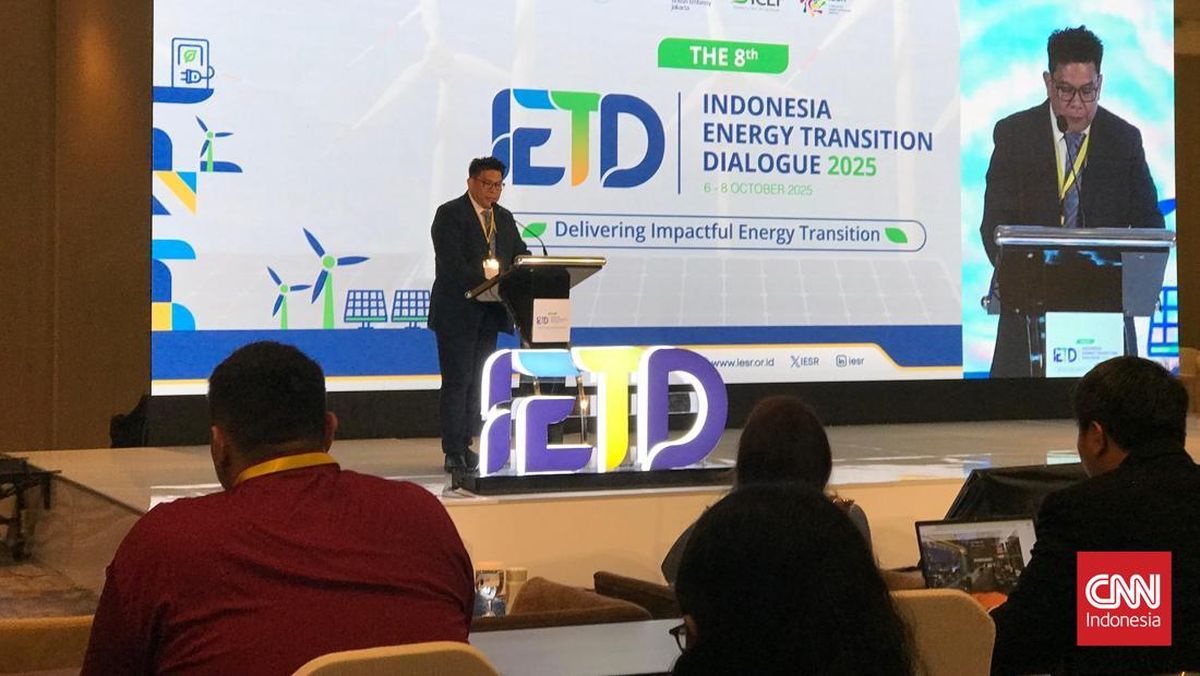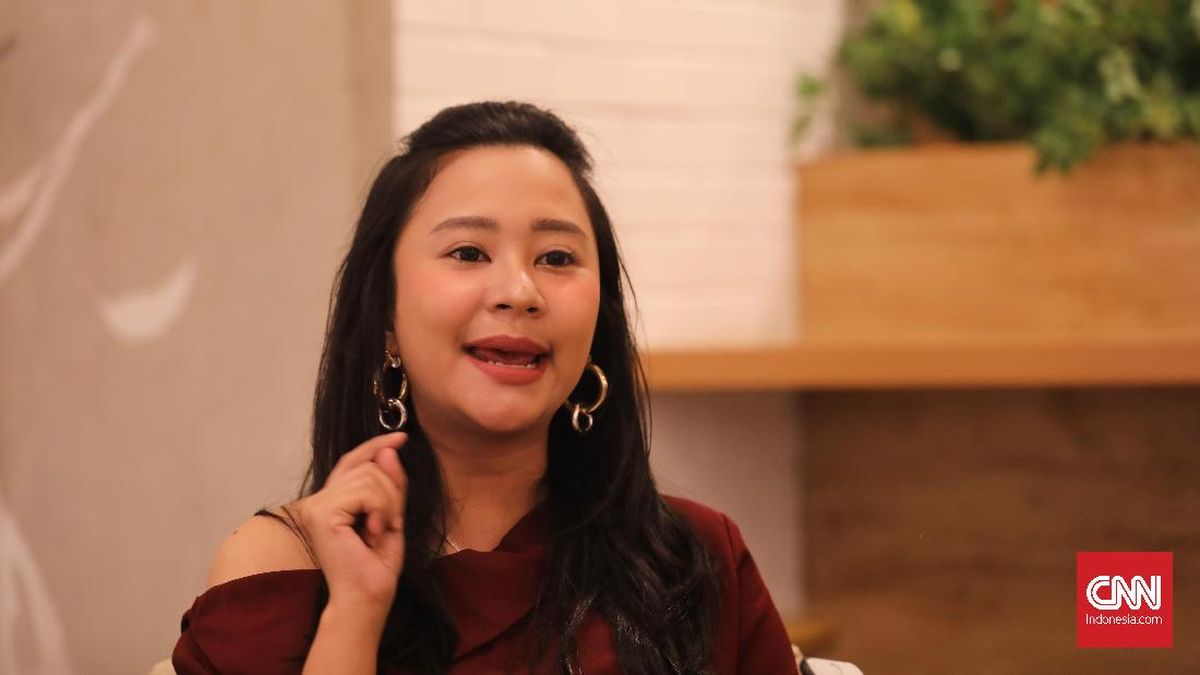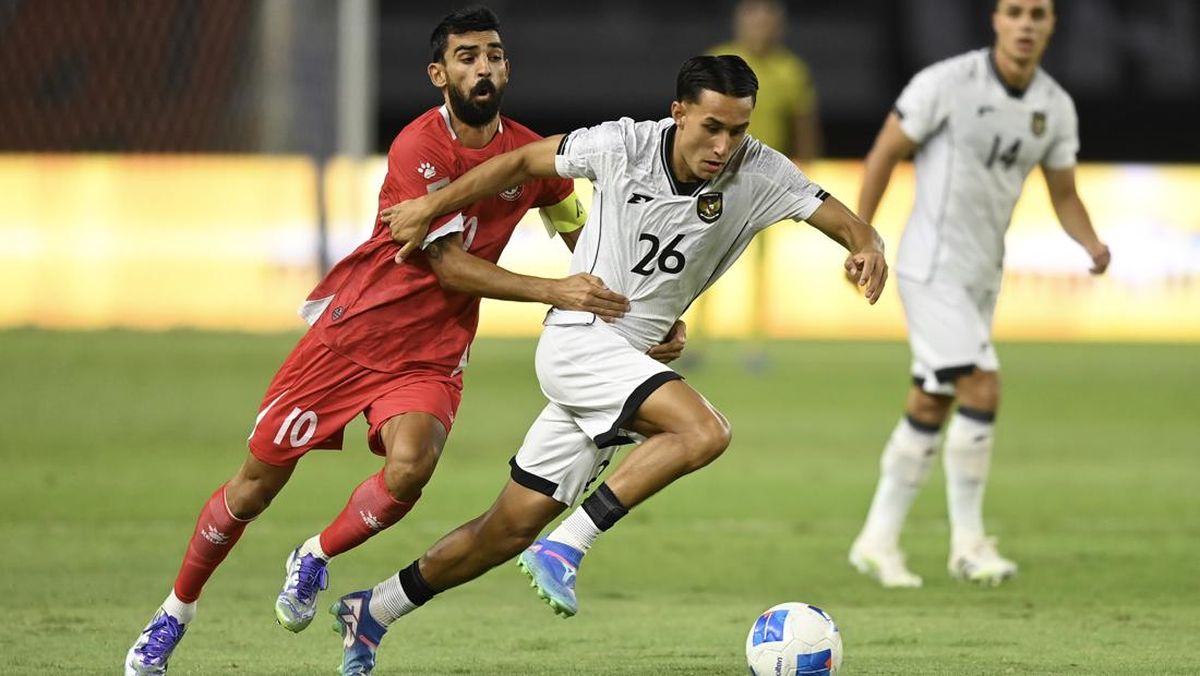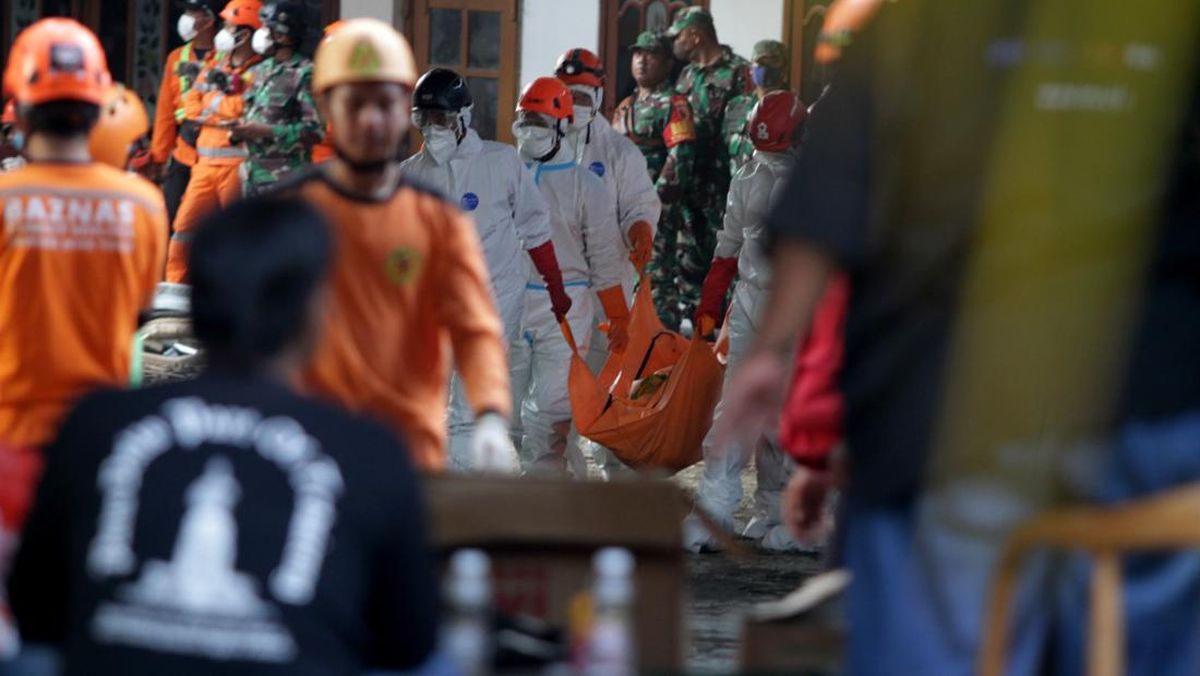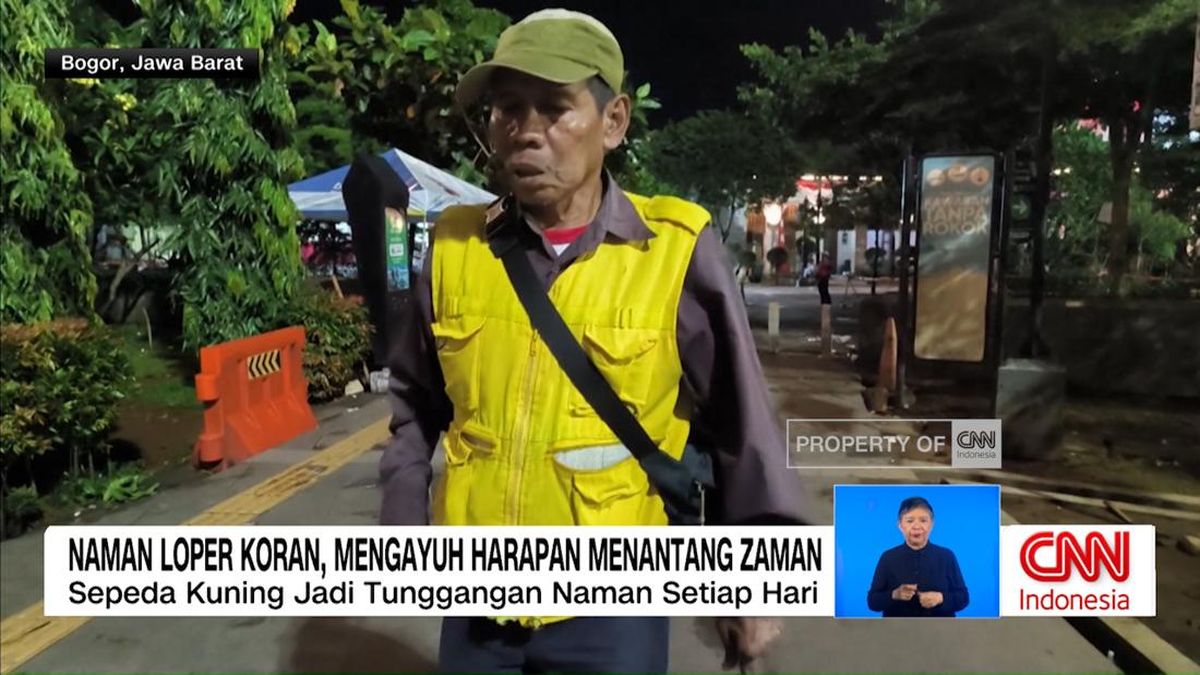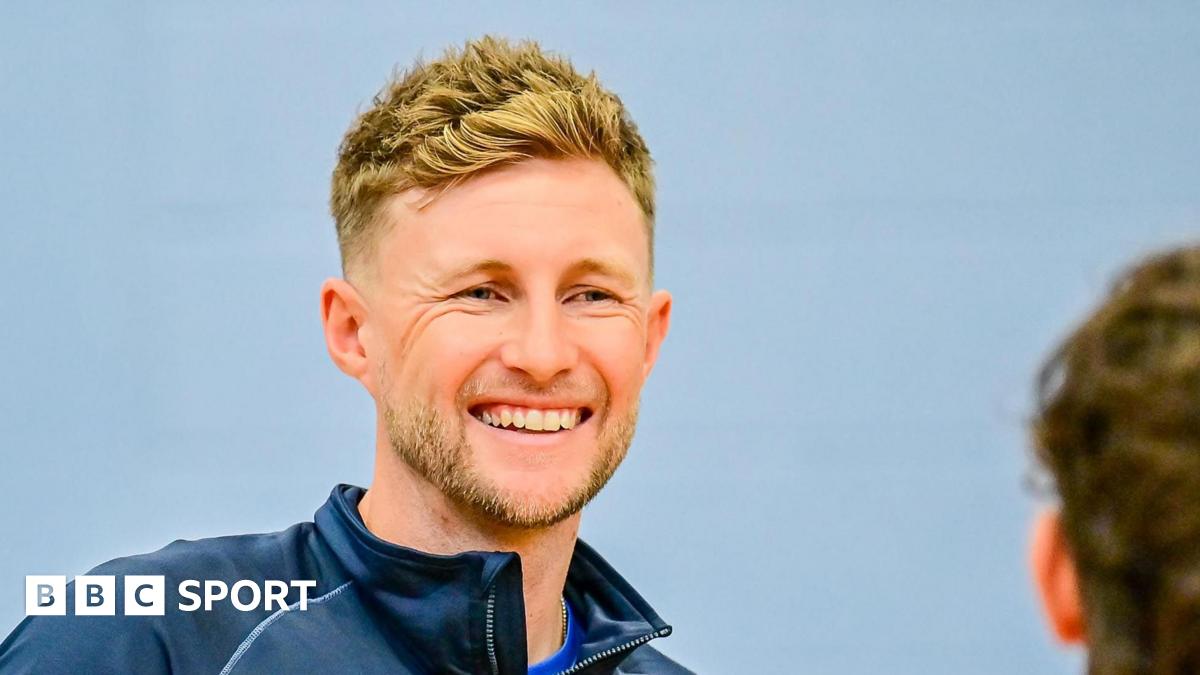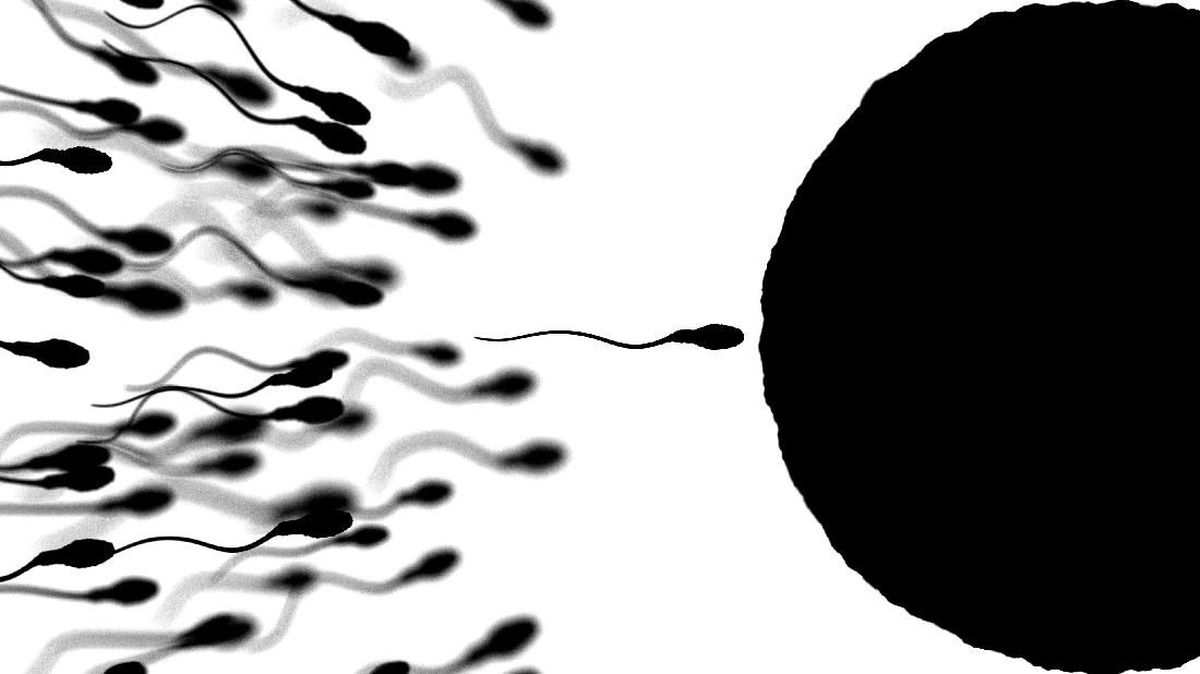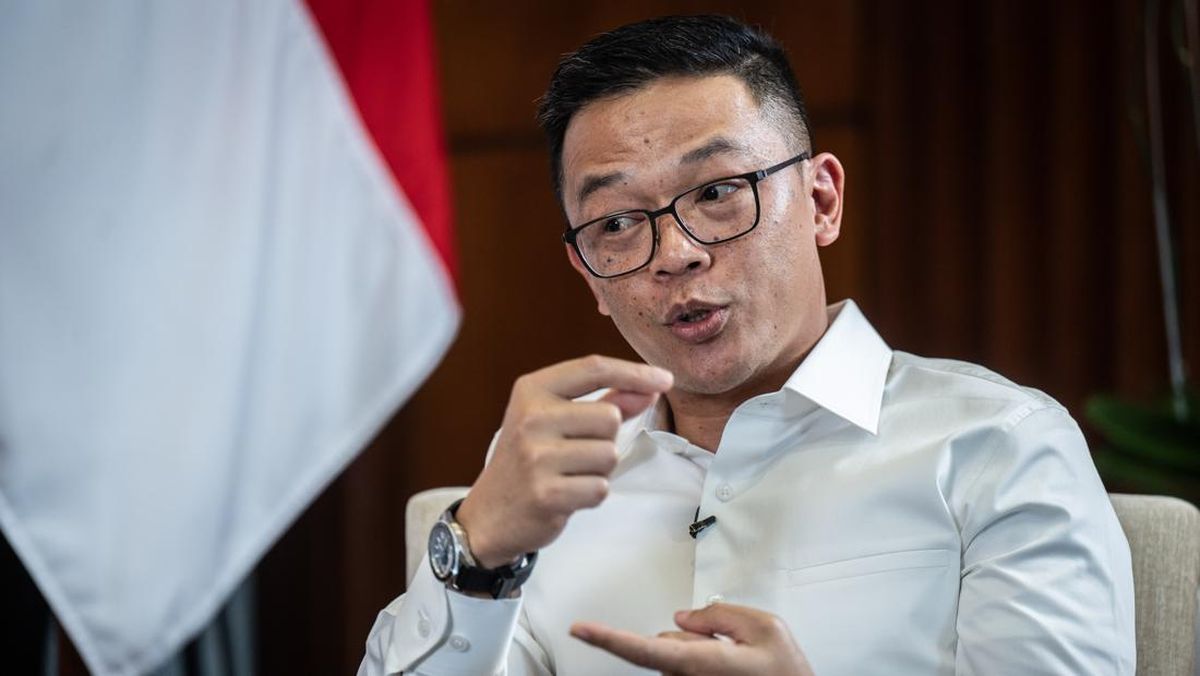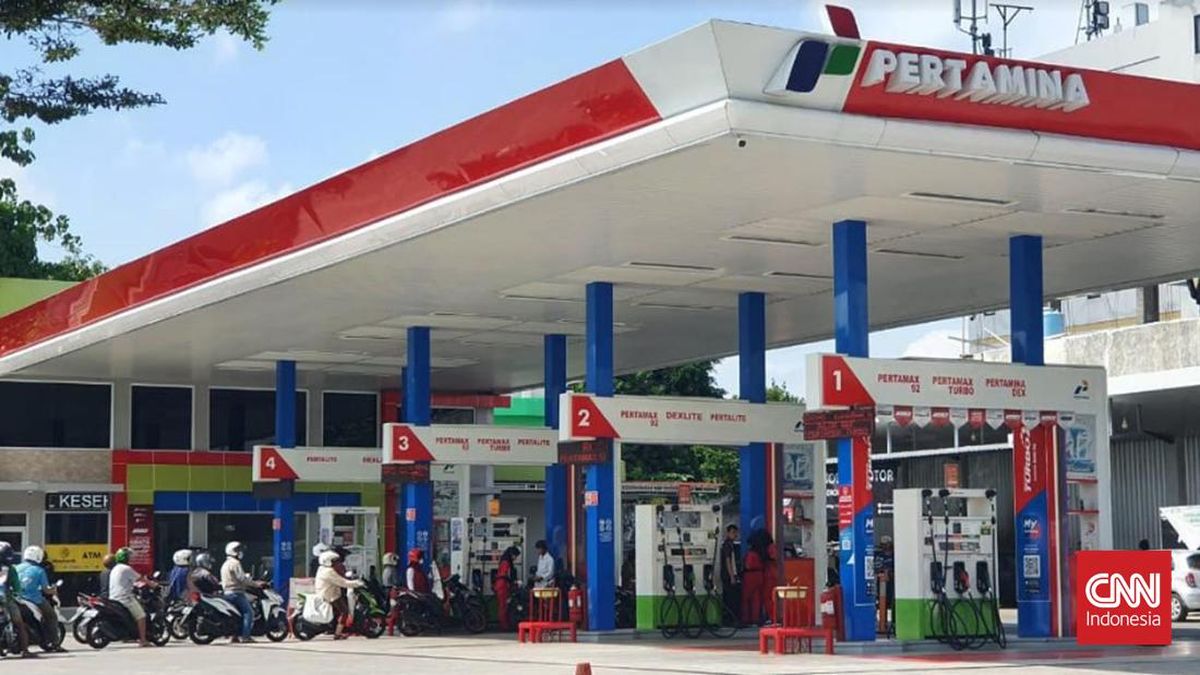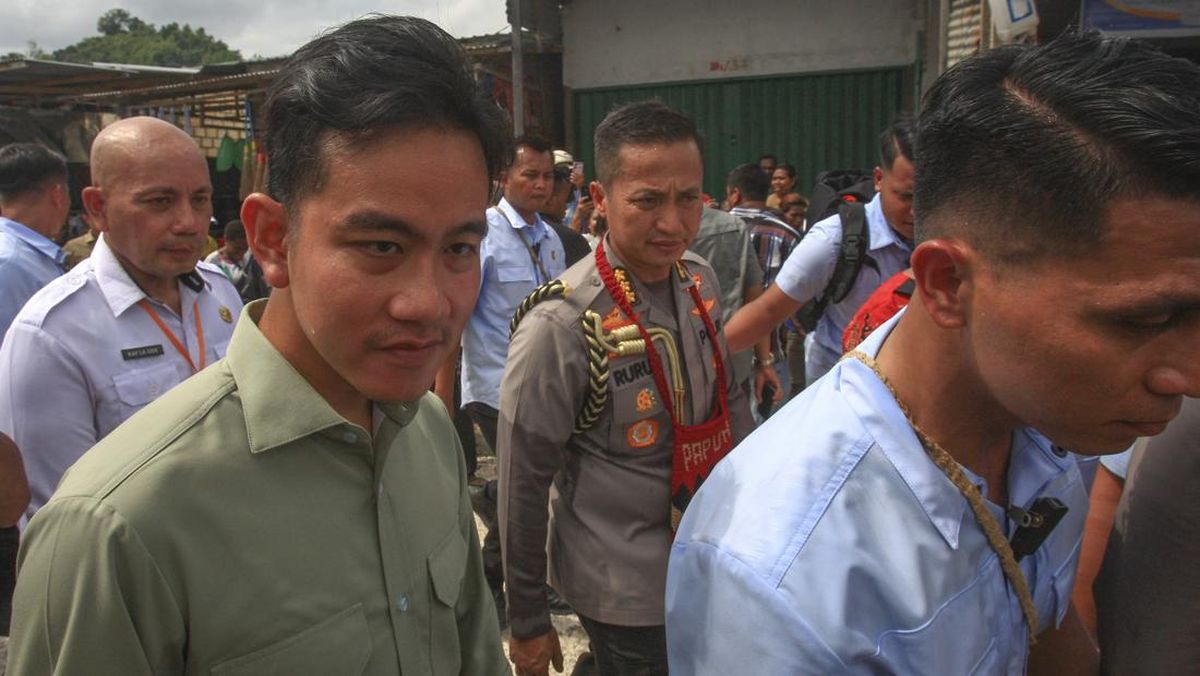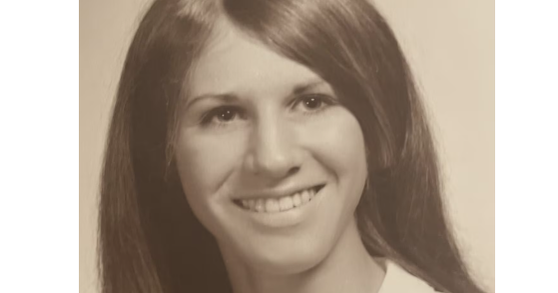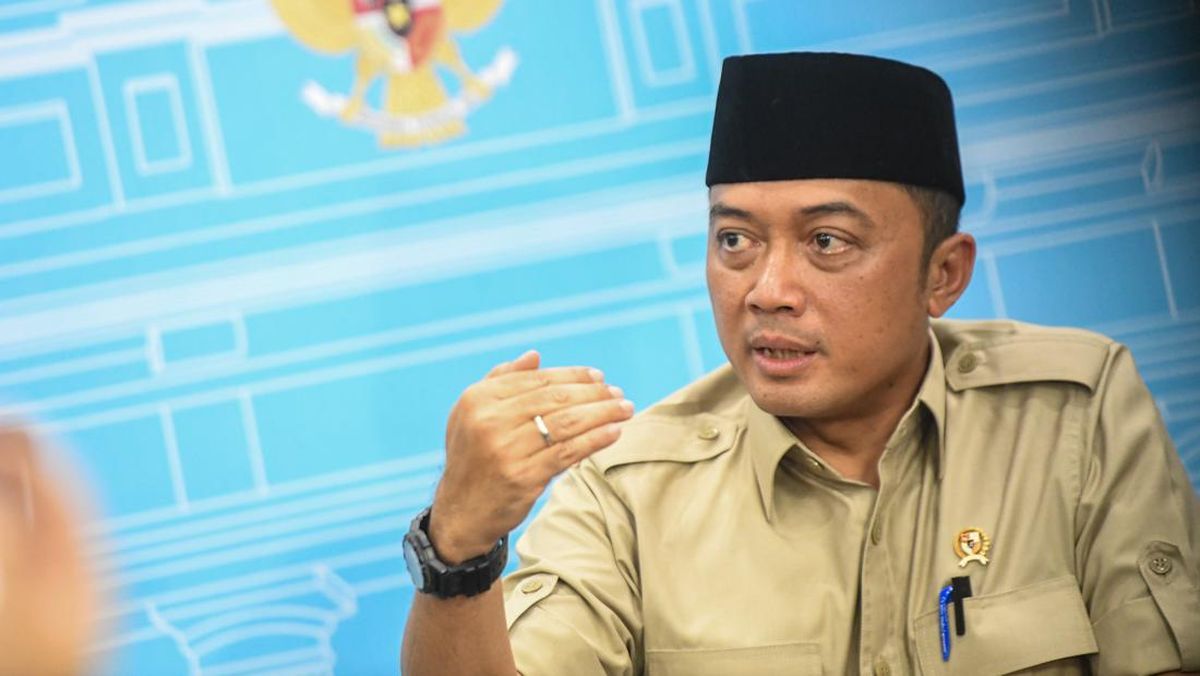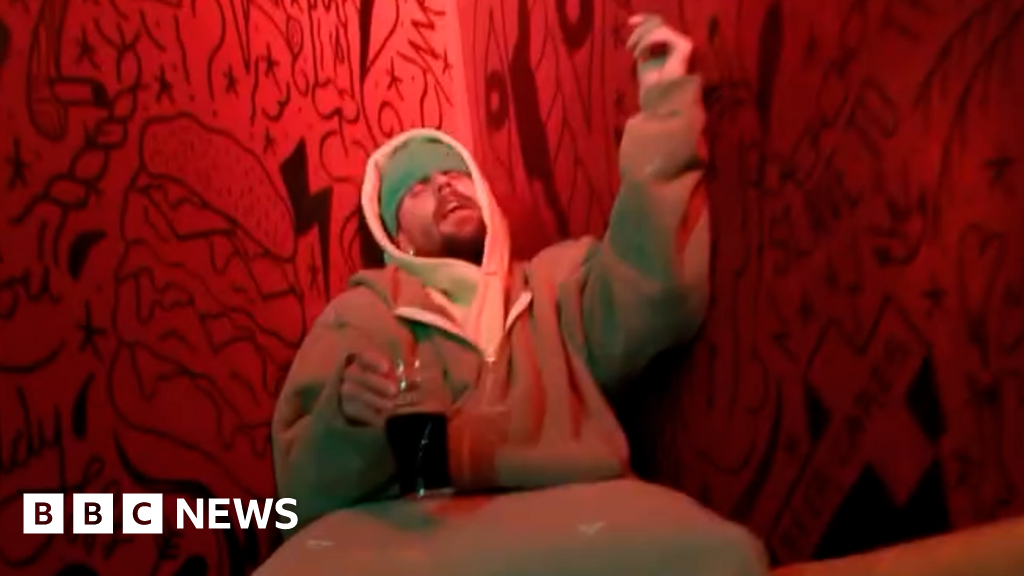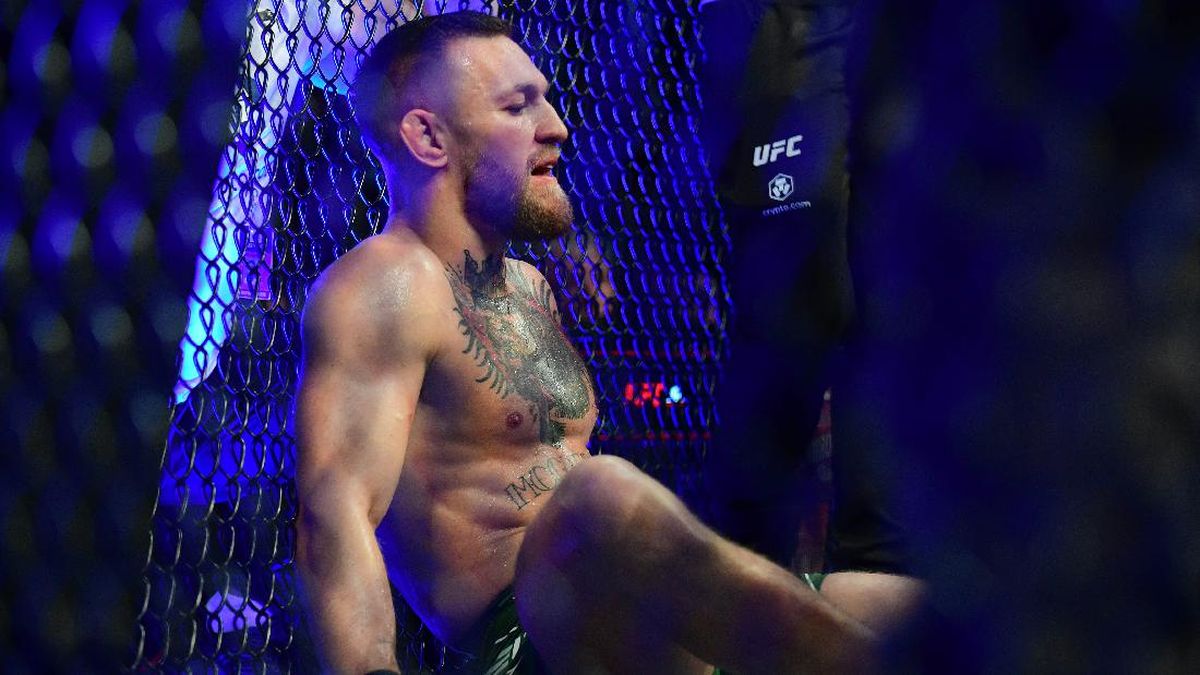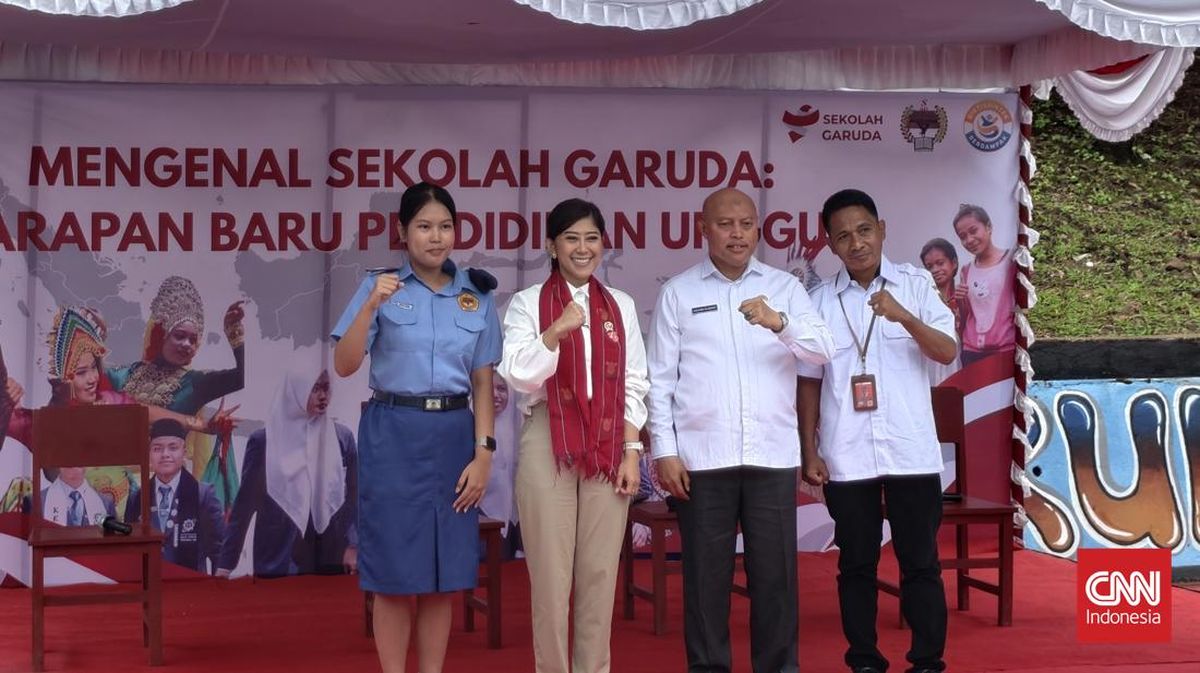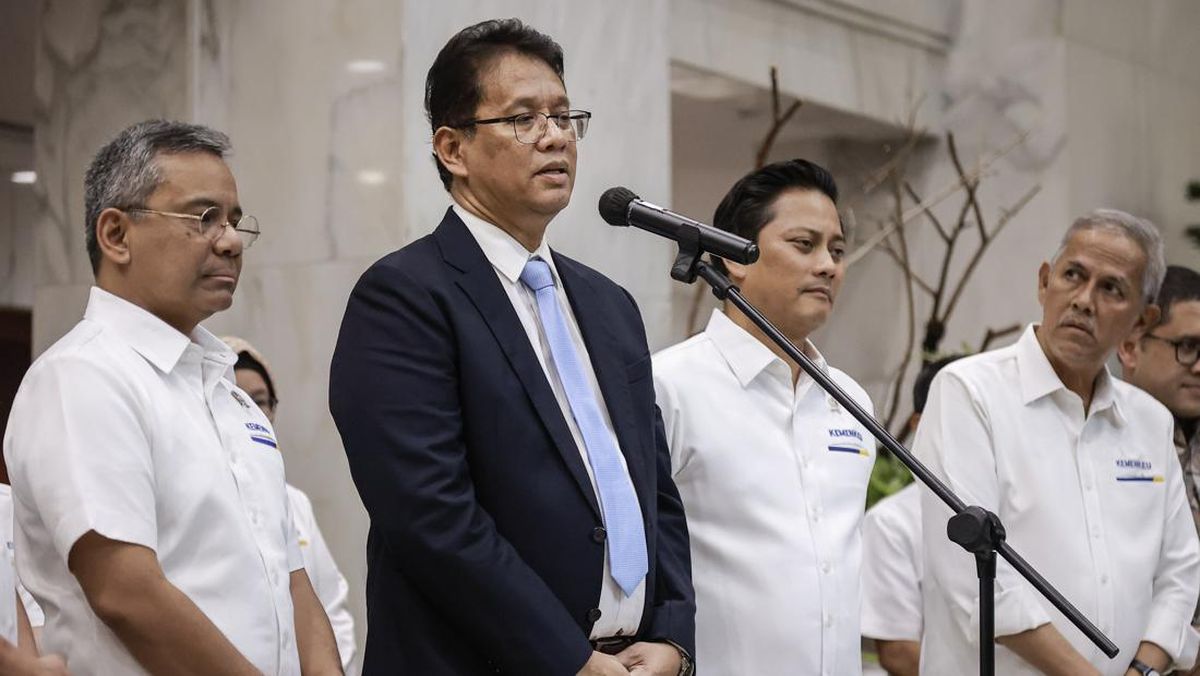More than three decades ago, Dr Jo-Ann Sparrow stepped into the imposing sandstone and brick home of Queensland’s registry of births, deaths and marriages with a goal: find the biological family she was separated from under the state’s historical adoption practices.
Sparrow, eventually, had success – thanks to laws allowing the adult children taken from young and unwed mothers, and their birth parents, to access identifying information. But a recent shift in legal interpretation has now shut key pathways without warning or consultation.
“We can’t even get the authorisation we need to get identifying information we’ve had for 33 years,” Sparrow, now the president of forced adoption support service provider Jigsaw Queensland, told this masthead in an interview.

Dr Jo-Ann Sparrow, president of Jigsaw Queensland, outside the former births, deaths and marriages registry in Brisbane’s CBD.Credit: Matt Dennien
The Department of Families insists it is committed to working with Queenslanders embarking on the difficult and personal searches, but has cited the need to “enhance privacy and compliance with the legislation” and promised no immediate fix.
This has left longstanding practices to gain authorised access to marriage, birth and death certificates – and often via intermediaries such as Jigsaw or Stolen Generation support group Link-Up Queensland – under a cloud.
Sparrow first caught wind of the changes when Adoption and Permanent Care Services, an agency within the department, emailed on September 2 proposing a meeting to discuss what was described as “important matters” relating to information access.
“Then a few days out from the meeting, we got a letter from the Registry of Births, Deaths and Marriages that we were told not to disperse outside of our organisation that spelled out the most regressive changes I’ve seen in adoption legislation since 1991,” she said.
“It just took my breath away – and to the point where I thought I was misunderstanding what I was reading. But then, when we got into the meeting it was clear that these changes had already been implemented ... We were just being told it’d happened already and that there was nothing that we could do.”
The “it” was an updated online application form, and news that information such as name changes through marriage – a key factor in many reunions – would now no longer be released without written consent from the parent.
While no laws have changed, practices around accessing names and addresses or siblings and informants will also be limited. As will the ability of groups such as Jigsaw and Link-Up to make sensitive approaches to suspected family – another often crucial factor in a successful reunification.

Dr Jo-Ann Sparrow, right, with her biological mother and brother on the day they met in November 1991Credit: Matt Dennien
After a raft of official state and federal government apologies for their roles in separating hundreds of thousands of families, such first contact will now have to be carried out by department officials.
“I mean, it’s ironic that no consent was needed to take these children from their parents, but now we have to have all these levels of consent suddenly to find each other,” said Sparrow, born at the peak of the forced adoption era in the early 1970s.
From her birthplace of Brisbane, Sparrow was adopted into a family with three existing biological children on the Darling Downs. She grew up feeling like she would never know her birth parents, but feels lucky she always knew she was adopted.
This knowledge drove her to be one of the first in line for information on her own biological family when it became available in 1991. Sparrow’s collection of documents and correspondence stemming from this also sits alongside a photo with her mother and brother on the day the met later that year.
Link-Up research manager Ruth Loli told this masthead in a statement that changes were “in direct opposition” to the Bringing Them Home report and principles endorsed by registrars nationwide, and was discriminatory to women.
“It is discriminatory to enable applicants to locate birth fathers or adopted sons but not to locate birth mothers or adopted daughters,” Loli said. Link-Up chief executive Patricia Thompson AM described the requirement for written consent from a parent “an appalling act”.
“This will only be triggering and re-traumatising for Aboriginal people, and with a lack of appropriate supports in place.”
Loading
Sparrow is calling on the government to reverse the change, with swift legislative changes if needed, and for meaningful consultation with the people and service providers impacted.
A letter from Jigsaw to Families Minister Amanda Camm has so far gone unanswered. Camm also declined to respond to questions from this masthead.
A departmental spokesperson would not be drawn on any specific catalyst for the change and whether other options were considered.
“We are committed to working with Queenslanders who are searching for information about their adoption,” the spokesperson said in a statement. “The department and the registry ... have reviewed processes to ensure compliance with the legislation and privacy requirements for individuals involved in the adoption process.”
“As a result, the relevant form relating to requests for information from the birth entry register or adopted child register was updated to enhance privacy and compliance with the legislation. The Queensland government’s Commission of Inquiry into the child safety system, which is currently underway, will include a review of the Adoption Act.”
Even years on from government apologies and the end to the practices which sparked them, Sparrow says Jigsaw’s work is not slowing down.
If she were to start the search for her mother today – who married and changed her name twice – the current laws and practices “would not let me find her”.
“It would put things to a standstill and it would send me into the dark depths of DNA and internet searching, essentially, which … should be the option of last resort, not first resort,” Sparrow said.
“We should be able to have access to this information, just like other people in other states do, just like we’ve had right up until now.”
Most Viewed in Politics
Loading

